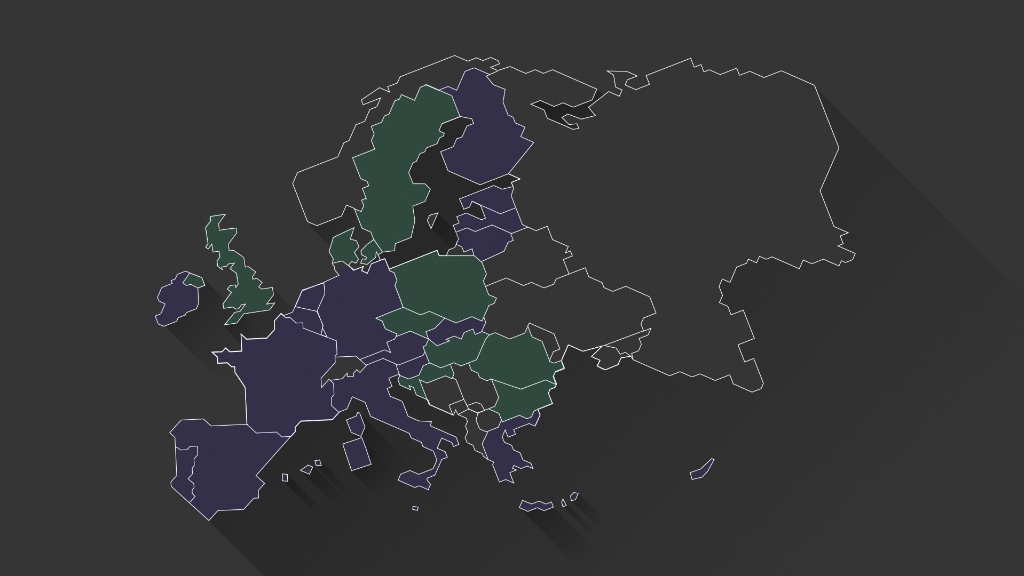
Greece needs money to pay its bills. But creditors don't want to fork over more dough until it agrees to difficult economic reforms, which would prove Greece is working to stand on its own two feet.
The two sides have been wrangling for months over the terms of a deal that would see lenders give Greece 7.2 billion euros ($8 billion), which is the final portion of a previously agreed to bailout program that could save the country from a messy "Grexit" scenario.
Both sides signed off on this lending deal years ago, but a new Greek political party that was voted into power in February has refused to abide by the terms.
Here are the key sticking points between Greece and its lenders, which include the Eurogroup, the International Monetary Fund and the European Central Bank:
1. Sales taxes: Lenders are insisting that Greece raise additional revenue by hiking taxes on electricity, medication and food. They expect this will help the country raise an extra 1.8 billion euros ($2 billion) each year.
The Greek government has other plans. It plans to raise sales tax on food, hotels and various luxury purchases starting in October. But it refuses to hike taxes on medication and electricity. In fact, Greece wants to lower prices for medication and electricity.
2. Pension cuts: Lenders want Greece to cut overall pension payouts, eliminate pension benefits for low-income individuals and raise the national retirement age to 67.
The Greek government refuses to consider these points, but said it would introduce "disincentives" to keep people from retiring early.
Related: These investors are getting killed in Greece
3. Budget targets: The two sides are making concessions in this area, but they still haven't come to a final agreement.
The lenders want Greece to have a 1% budget surplus this year, which means it would take in slightly more tax revenue than it pays out. It wants that budget surplus to grow each year, so it has extra money to pay its debts.
Greece agrees that it will bring in more revenue than it spends, but it envisions a smaller annual surplus.
For the year 2015, Greece envisions its budget surplus would be about 3.6 billion euros smaller than what the lenders are calling for.



